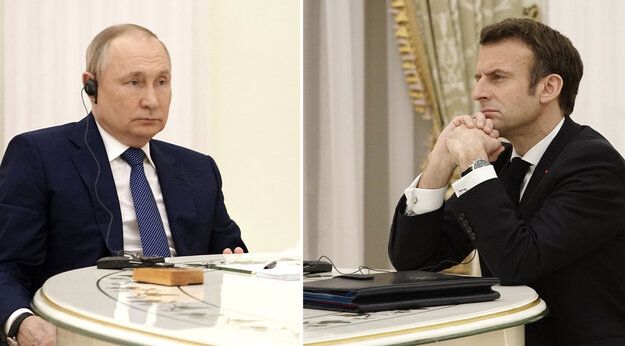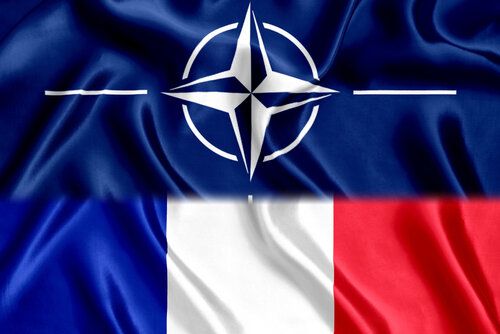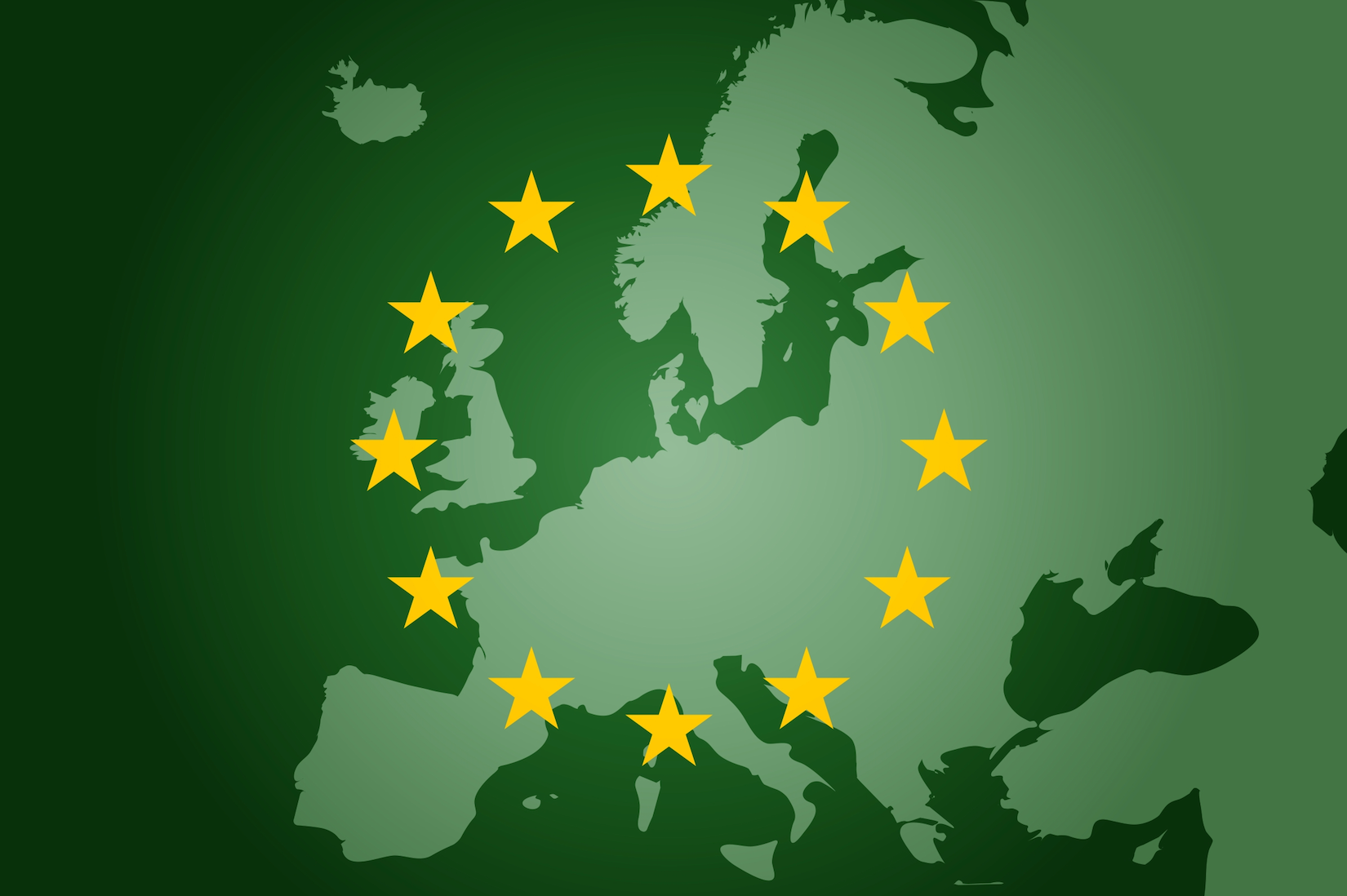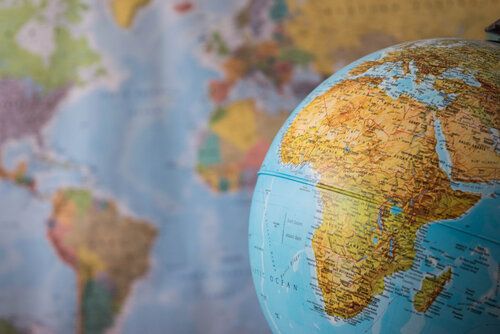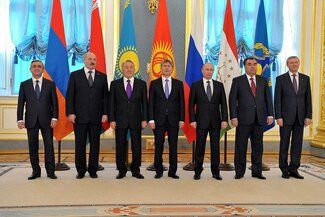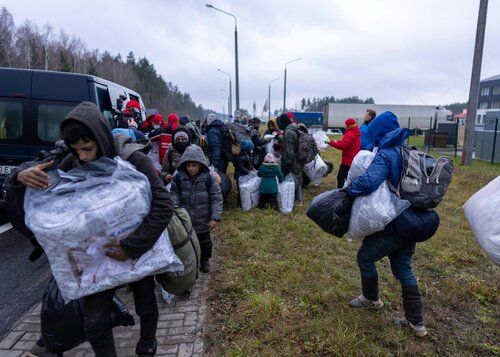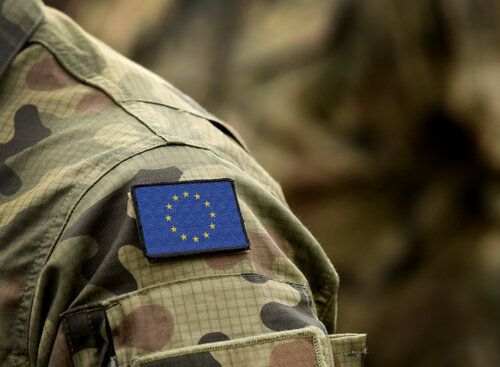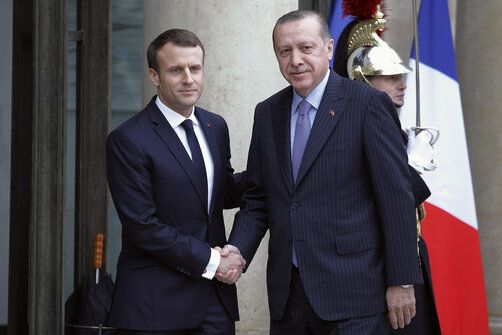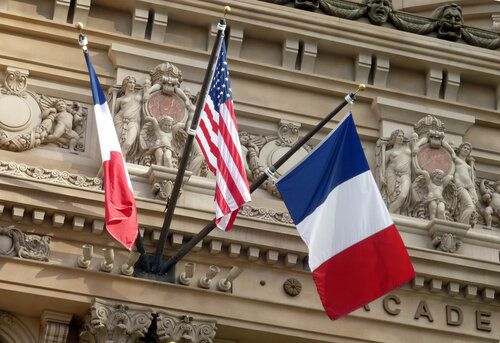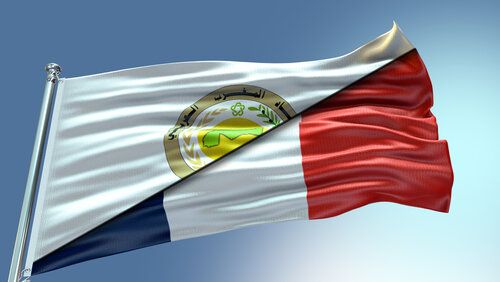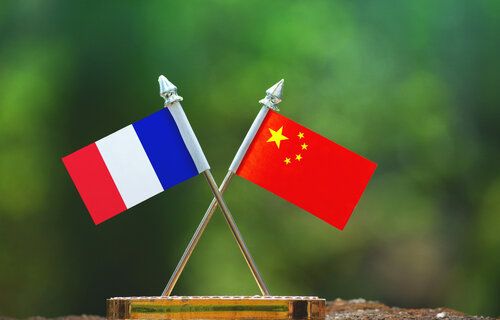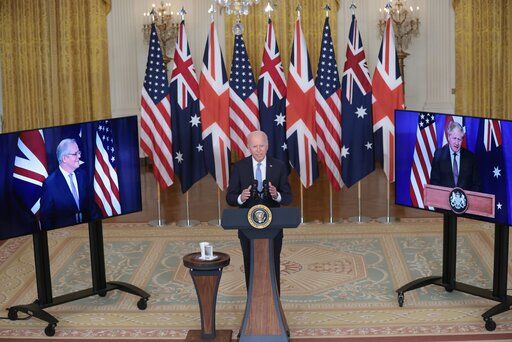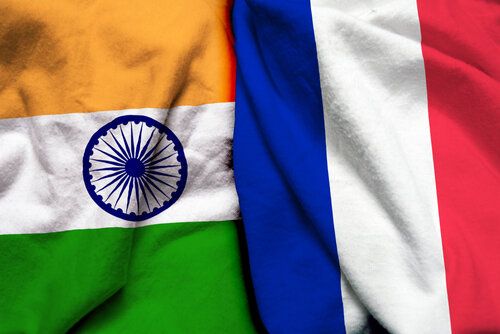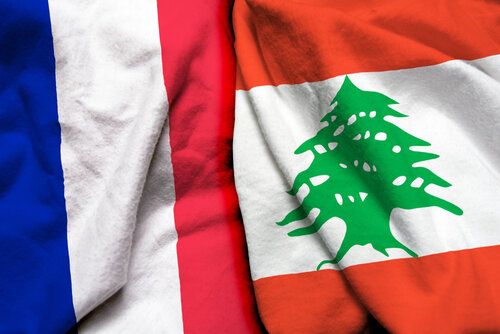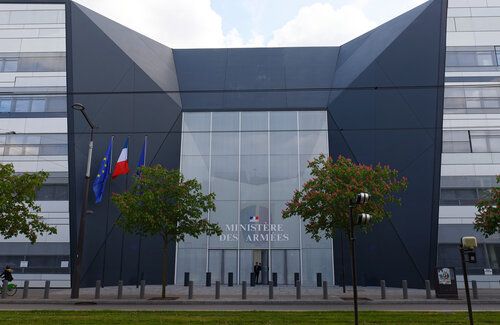France has been implementing its Indo-Pacific strategy since 2018. As a resident power (due to its overseas territories in the region), France is positioning itself as a responsible actor in this key geopolitical space, where it is defending the rules-based order and proposing a third way out of the Sino-American rivalry through an inclusive and multilateral approach.
The French approach seems to have been—at least partly—undermined by the September 2021 announcement of the AUKUS security partnership between Australia, the United Kingdom, and the United States. The challenge for the next French president will be to rebuild France’s legitimacy and reassert its engagement in the Indo-Pacific by providing answers to two key questions.
Can France Act as a “Balancing Power” in the Indo-Pacific?
At a time when China is hardening its foreign policy and the Sino-American rivalry is escalating, becoming more systemic and ideological, can France maintain its current position? The submarine crisis has demonstrated the limits of strategic autonomy in a worsening security environment. The United States remains an indispensable guarantor of security and is expecting a strategic alignment from its partners.
In order to maintain its influence in the region, France will have to make its position explicit, as strategic autonomy is often interpreted as a sign of wavering engagement in the Indo-Pacific. That said, this ambivalent approach vis-à-vis China (considered as a partner, but also, increasingly, as a competitor and rival) and the third path led by France appeal to a number of Asian actors who are seeking to escape the Sino-American stranglehold.
For France’s current position to be maintained, it should be clear that this approach is an asset and an enabling factor: it has to permit a very concrete expansion of strategic partnerships in the region—including through arms deals—and position France within a network of like-minded nations. This network must reinforce French diplomatic influence in the region and facilitate influencing the decisions not only of China but also of the United States, for whom a multipolar world is not an obvious choice.
If this approach is to be credible and sustainable, it must be accompanied by coordination with the United States in as many domains as possible within the region. France must also consider associating itself with some initiatives on soft security or geoeconomic issues like the Quadrilateral Security Dialogue, which is evolving in character and could become a nucleus around which a diversity of cooperation arrangements in the Indo-Pacific could be organized.
Does France Have the Means to Achieve Its Ambitions?
Despite the political rhetoric about the Indo-Pacific being a high priority, the French resources that can be mobilized in the region remain very limited. With the distance from mainland France being so great, any deployment of military assets requires significant effort. An additional foothold at the heart of the Indo-Pacific could facilitate an enduring French presence. If maritime security is a key issue in the Indo-Pacific, not all the problems (the law of the sea, sustainable development, piracy, and so on) relate to hard security. France has a card to play to position itself more firmly on these issues, as a complement to the United States’ more military approach. Paris must therefore endeavor to implement a holistic approach, involving a range of ministries and agencies in its Indo-Pacific strategy. France’s overseas territories, which are key players in the area, should also be more involved in the formulation of this Indo-Pacific approach.
Finally, the French strategy must be consistent with the European Union’s new approach to the Indo-Pacific, as this will leverage its power and influence. To be convincing, the European strategy must be implemented effectively as soon as possible, and be both clear and visible. Even though the European strategy is a consensus-based approach, it must also be carried more ambitiously by a coalition of willing countries, and France must play a central role in it. To achieve this, Paris must ensure that its position is clearly understood and accepted by its European partners.

